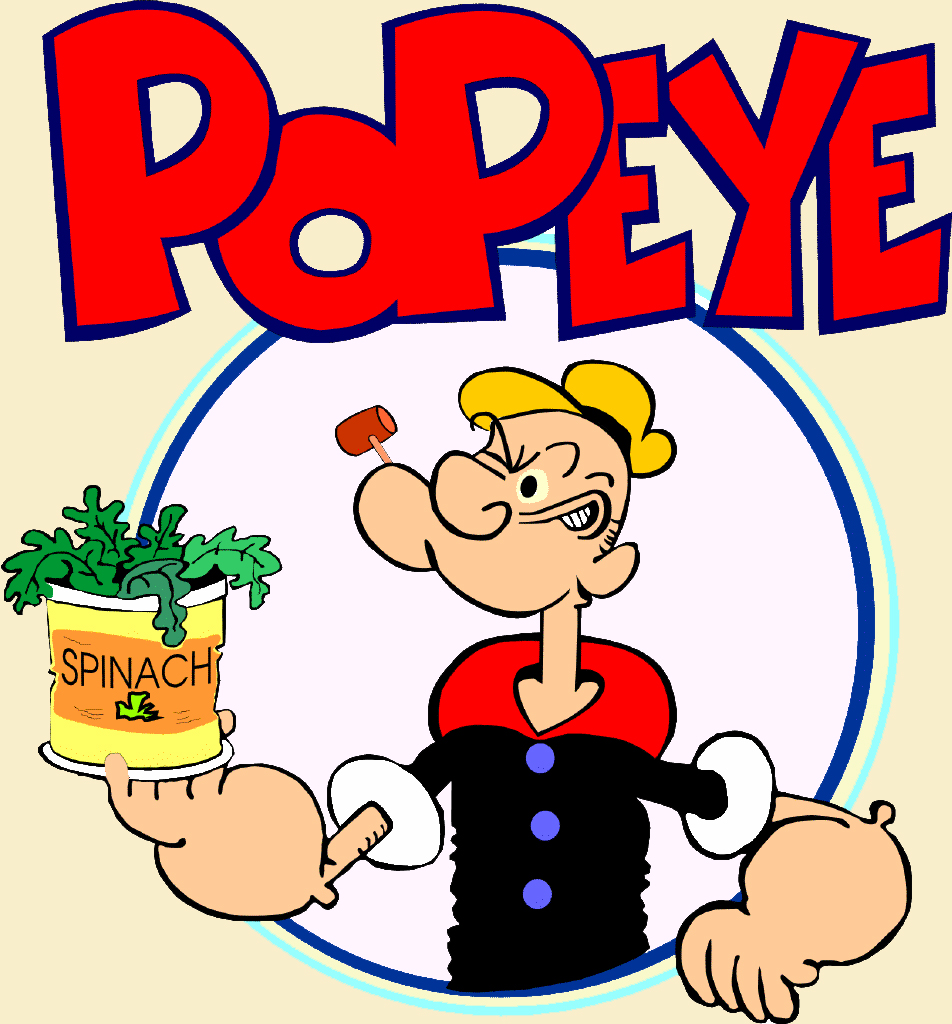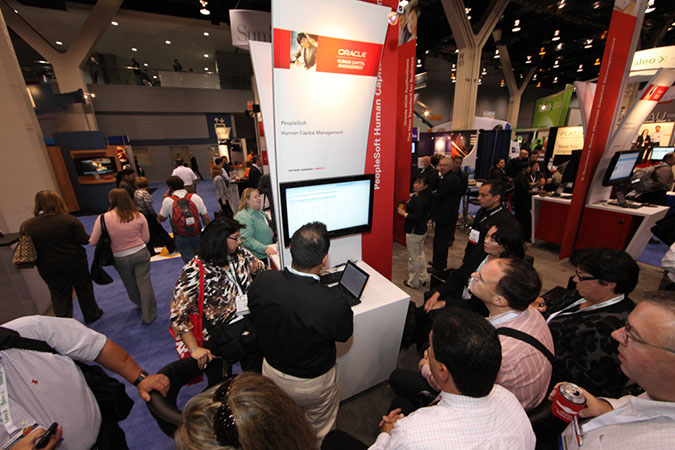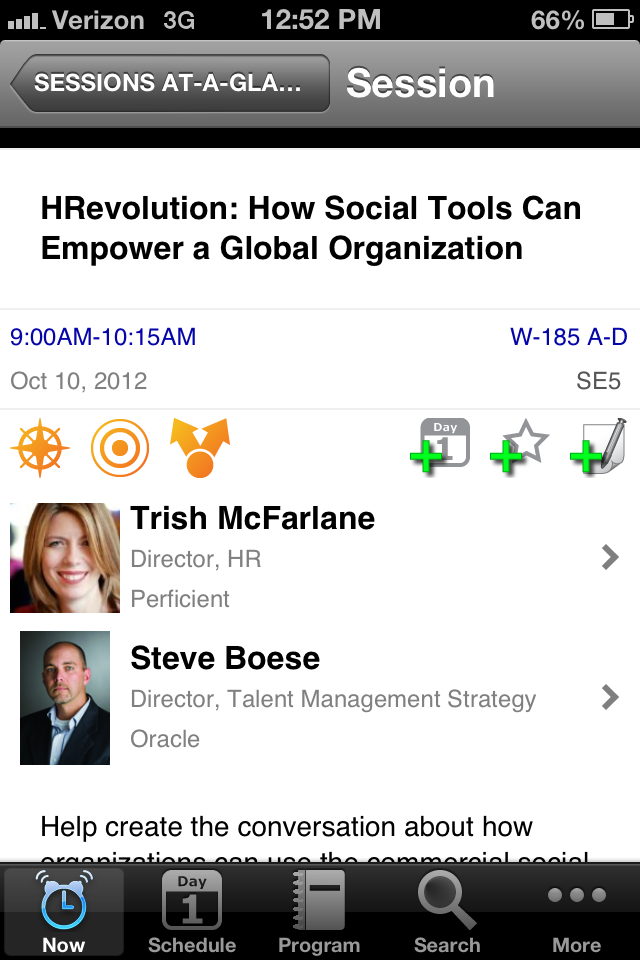WEBINAR: You Rejected Me, But I Still Love You
The fine, fine people over at Fistful of Talent are back with the next installment in the popular webinar series that we like to jokingly refer to over at Fistful HQ in Cheyenne as the FOT Webinar!
Here are the details you need to know:
Title: Before the Rose Ceremony: How to Become an Employer of Choice Through Your Interview Process
Date and Time: Thursday, October 25, 2012 - 1:00PM ET
How to register? - Easy, just click here
Price: Free! (now that's a deal)
Need more convincing before you commit exactly $0 and 1 hour of your time to your pals at Fistful?
Ok, here goes:
Ever wonder why some of those women on The Bachelor don’t smash a window on their way out the door when they get voted off? Let’s explore that in recruiting terms.
Join Fistful of Talent for our October webinar, (sponsored by the good folks at HireVue) – “Before the Rose Ceremony: How to Become an Employer of Choice Through Your Interview Process”, where we’ll explore the following and compare it to the meat show on the Bachelor/Bachelorette:
What pre-interview, pre-phone screen features subconsciously tell a candidate that you’re different from your competitors and help you plant the initial “why you want to work here” seed.
The 3 things that need to be present in your initial outreach to a candidate to prevent their BS meter from exploding (aka momentum killers).
The 5 Key Features of the live interview process at your company that sell your culture as a Great Place to Work – regardless if you hire the candidate or not.
FOT’s Top 7 Interview Questions for uncovering great info and selling the candidate on your company as an employer of choice – they won’t even realize you’re doing it (and you’ll get great info as a result).
SEND IN YOUR LESS ATTRACTIVE FRIENDS TO GIVE APPROVAL! (That’s FOT in this case.) We’ll end with a simple audit process that you can use to determine if your interview process is contributing as much as it should toward your company being viewed as a destination of choice for candidates.
Join FOT for “You Rejected Me But I Still Love You” and install a couple of the interview process features we discuss, and candidates will start to view you less as the Motel 6 and more like the Ritz.
So that's the pitch - what do you think, do I get a rose at the end of the ceremony, or am I riding back to the bachelor house in the limo of shame?
All kidding aside, the FOT Webinars are the best in the industry for a reason - they mix actionable information, smart people, and just the right mix of fun and entertainment that make your investment, (remember it's FREE), pay off.
And as a bonus, we get to make fun of Sackett on the backchannel!
So one last time here is the 411:
Here are the details you need to know:
Title: Before the Rose Ceremony: How to Become an Employer of Choice Through Your Interview Process
Date and Time: Thursday, October 25, 2012 - 1:00PM ET
How to register? - Easy, just click here

 Steve
Steve



